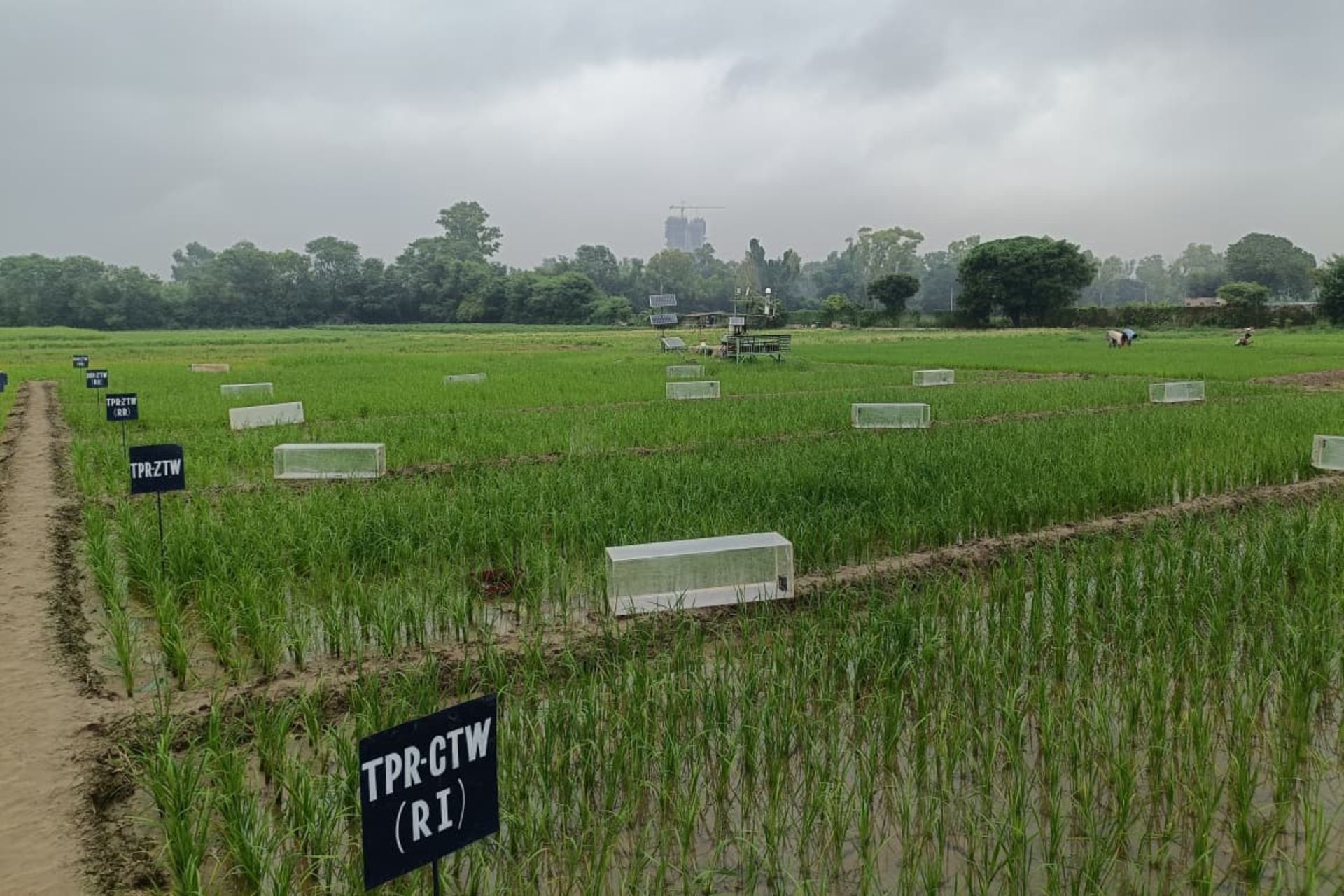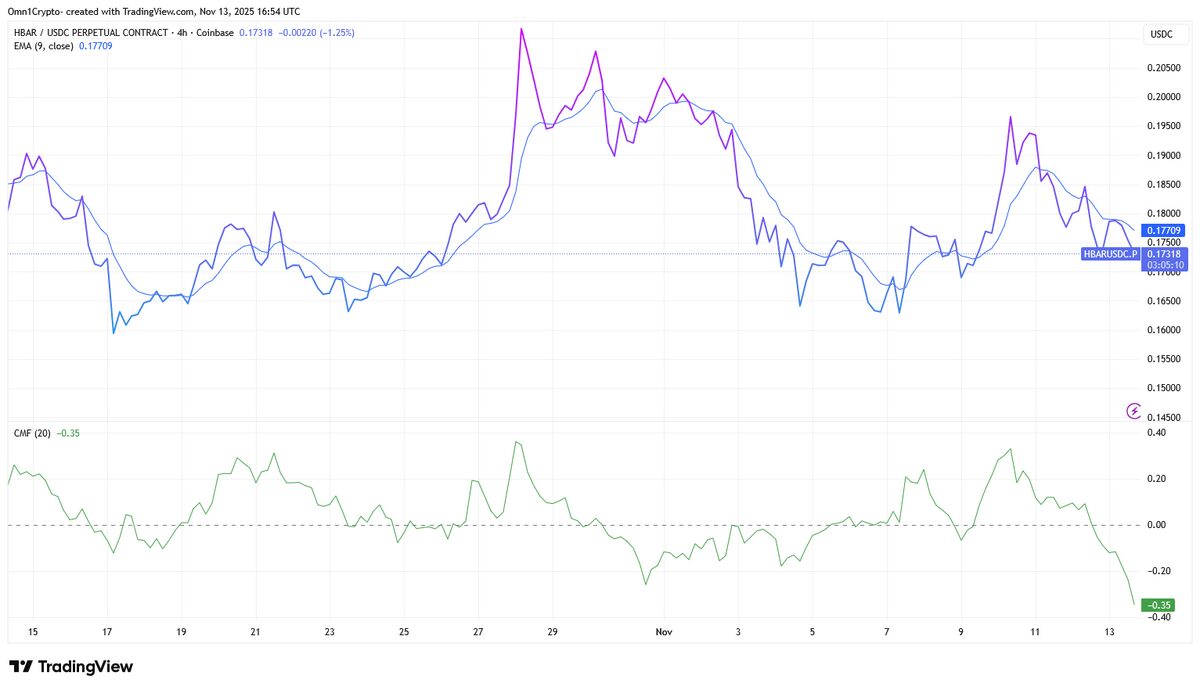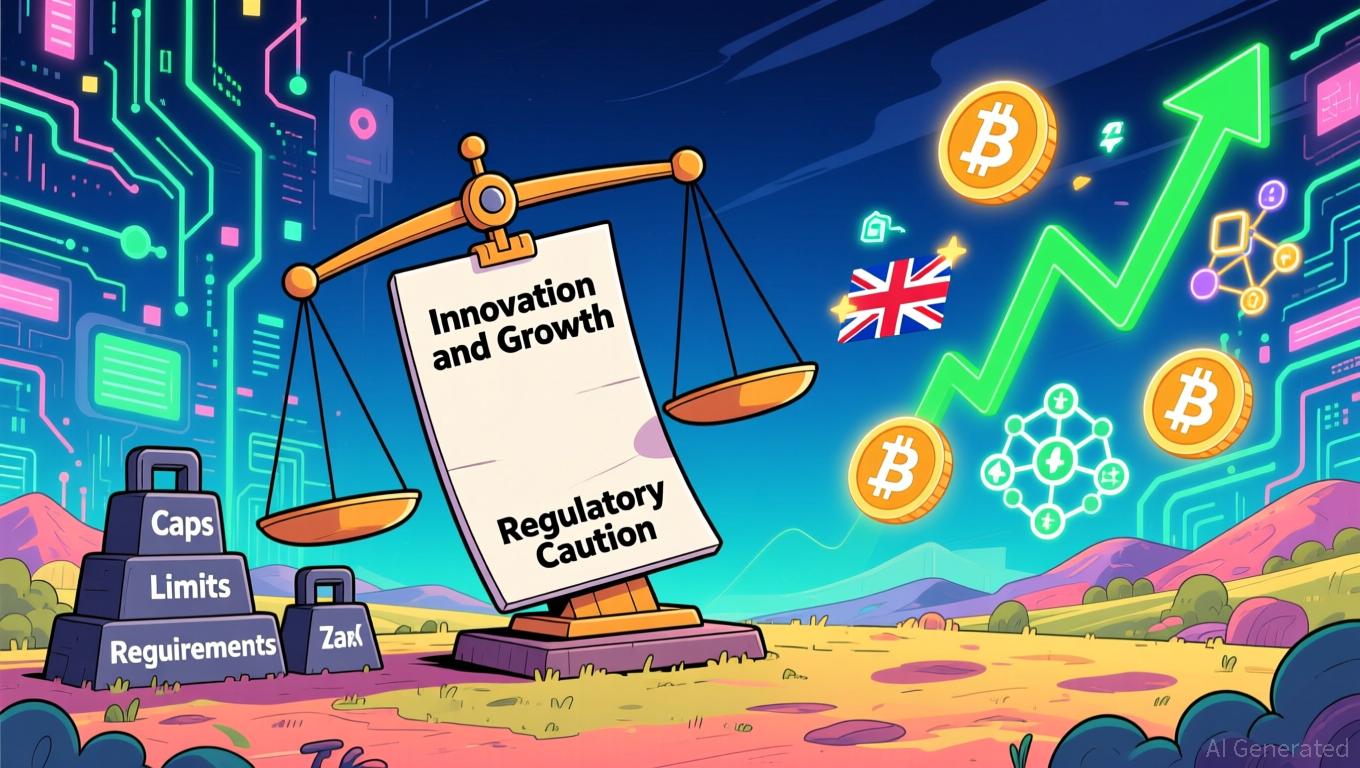Mirova, a French investment company with a focus on climate solutions and supported by Kering and other major corporations, has provided $30.5 million (€26.4 million) in funding to Indian climate tech firm Varaha. This capital will be used to grow Varaha’s regenerative agriculture initiative, which benefits hundreds of thousands of small-scale farmers in northern India.
This transaction is Mirova’s inaugural carbon-related investment in India, and it stands out for its unique structure. Instead of acquiring equity, the Paris-based investor is supplying funds in exchange for a portion of the carbon credits that will be produced over time.
This model is part of Mirova’s broader carbon investment approach, which directs corporate funding into certified projects that reduce emissions. Mirova is affiliated with Natixis Investment Managers and is backed by companies such as Kering (the parent of Gucci), Orange, L’Occitane Group, Capgemini, Unibail-Rodamco-Westfield, and MANE—all of which are seeking to balance their supply chain emissions through credible carbon offset programs.
Regenerative agriculture—which involves restoring soil vitality and increasing biodiversity through techniques like crop rotation and minimizing tillage—is becoming more popular as a way to make farming more adaptable to climate change. In India, where countless smallholders contend with deteriorating soil quality and unpredictable weather, these methods are crucial for both survival and sustainability.
Established in 2022, Varaha develops and manages carbon initiatives in regenerative farming, agroforestry, and biochar. The company collaborates with 48 regional partners to execute fieldwork, while its software tracks, reports, and verifies both environmental and social impacts in real time.
Mirova’s investment targets Varaha’s Kheti initiative, which partners with farmers in Haryana and Punjab to implement low-emission agricultural practices and generate certified carbon credits, providing farmers with an extra income stream. The project currently spans more than 200,000 hectares and aims to reach approximately 337,000 farmers across 675,000 hectares as it expands.
Varaha’s strategy is based on practices suited to India’s agricultural landscape, especially in the rice-producing regions. The company emphasizes direct rice seeding and returning crop residues to the soil—an important alternative to the common practice of burning stubble after harvest, according to Madhur Jain, Varaha’s co-founder and CEO.
“Rather than burning leftover plant material, farmers use machinery to chop and incorporate it back into the soil,” Jain explained to TechCrunch.
The startup also advocates for less frequent tillage, reducing the number of times fields are ploughed to just once or twice, which helps retain soil carbon and boosts the soil’s long-term storage capacity.
 Field trial of Varaha Kheti Project
Image Credits:Varaha
Field trial of Varaha Kheti Project
Image Credits:Varaha
Varaha intends to use the funding from Mirova to acquire the equipment necessary for implementing regenerative farming techniques.
“Switching to direct seeding of rice, which uses much less water compared to traditional transplanting, requires thousands of direct seeding machines,” Jain noted. “Since this method isn’t yet widespread, there are far fewer seeders available than needed, so we have to work directly with manufacturers. Similarly, for incorporating crop residues, specialized machines like happy seeders and super seeders are required.”
The carbon credits produced by the program will be validated using Verra’s VM0042 methodology, and a revenue-sharing system will ensure that proceeds go directly to the farmers involved. The project is also pursuing Climate, Community & Biodiversity (CCB) certification from Verra, which recognizes land management efforts that benefit the environment, local people, and biodiversity.
Although Verra is a leading global verifier of carbon credits, it has faced scrutiny after reports suggested that some of its approved projects may have exaggerated their climate benefits.
Despite this, Varaha continues to use Verra for its regenerative agriculture projects, as the organization offers what Jain describes as the “most advanced scientific methodology in soil carbon.” He also mentioned that Varaha is not limited to one registry and collaborates with other prominent standards like Puro and Isometric.
“To date, none of Verra’s soil organic carbon credits have been challenged,” Jain stated.
Beyond reducing emissions, Varaha’s technology aims to enhance soil quality, decrease water consumption, minimize chemical use, boost crop productivity, lower farming expenses, and improve air quality. The company also plans to launch initiatives specifically for women farmers to promote gender equality in rural areas.
Varaha’s global profile was elevated earlier this year when it signed what it called the world’s largest biochar carbon removal agreement with Google. Under this deal, Google will purchase 100,000 tons of carbon removal credits from Varaha by 2030.
Varaha’s backers include RTP Global, Omnivore, Orios Venture Partners, IMC Pan Asia Alliance Group’s Octave Wellbeing Economy Fund, and Japan’s Norinchukin Bank. The company has secured $12.7 million in venture capital so far, with $8.7 million coming from a Series A round last year.

